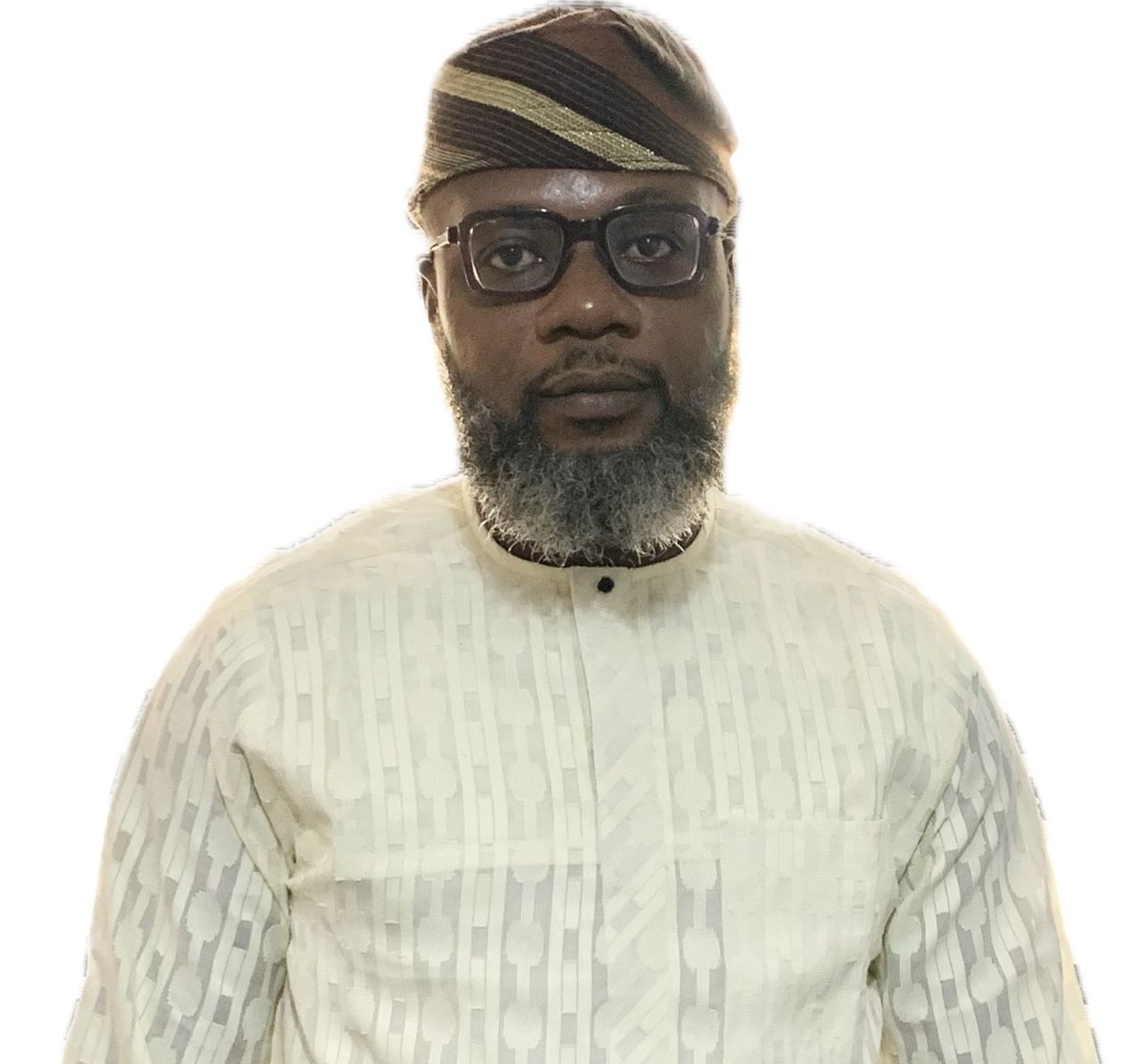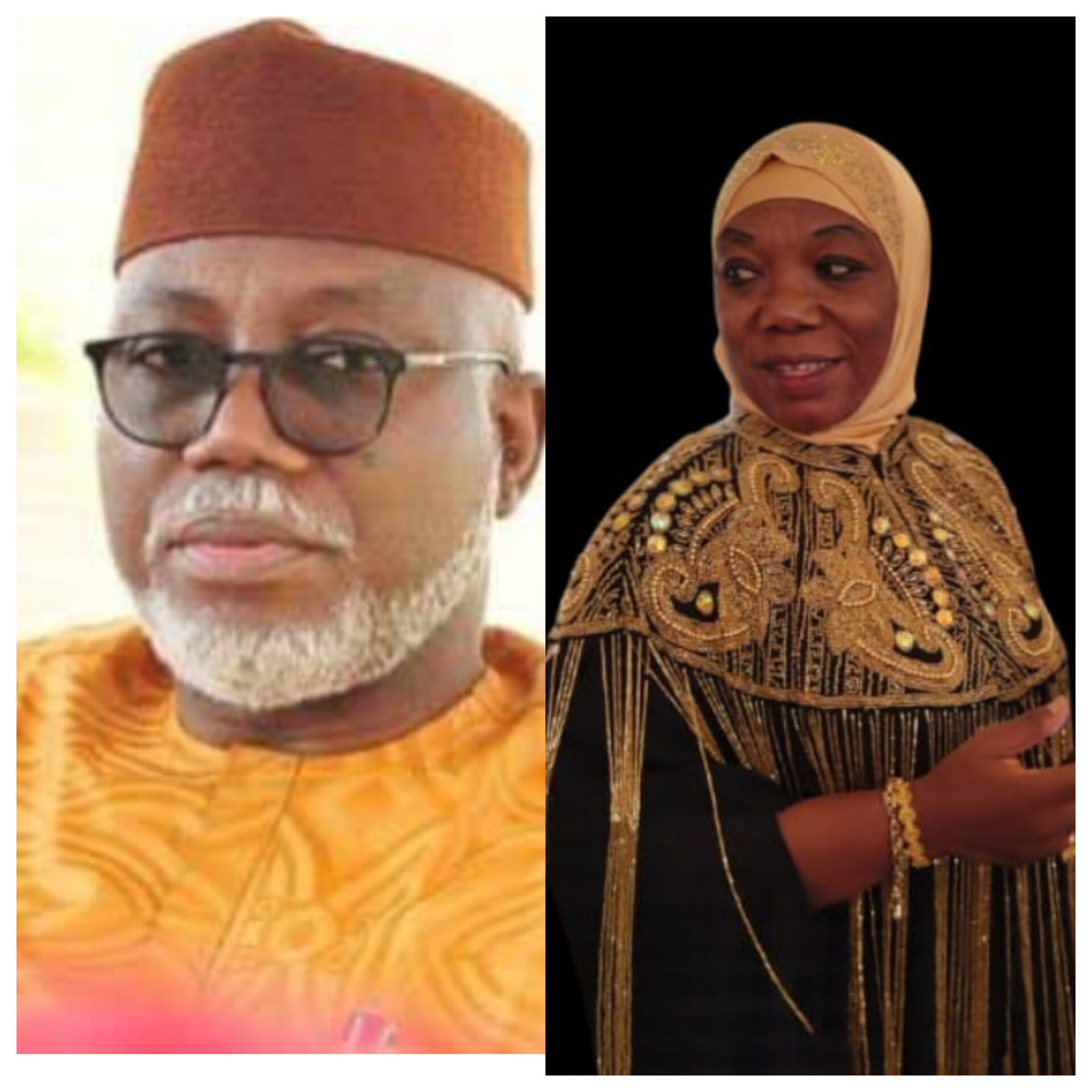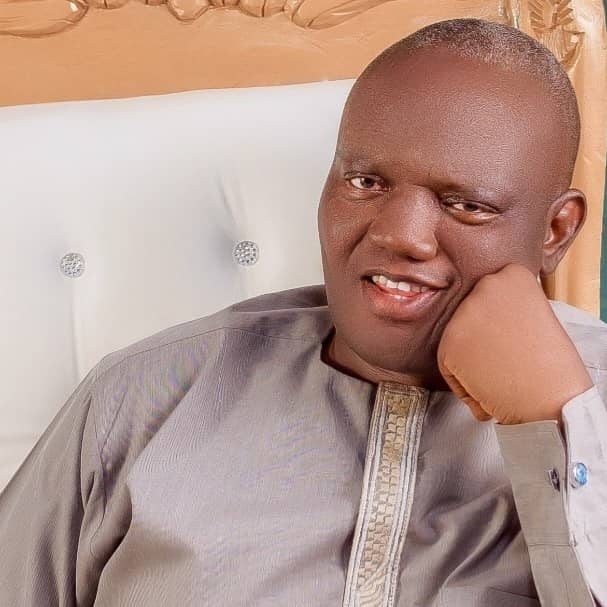THE VERY NEARLY AVOIDED FOLLY: WHAT THE GUINEA BISSAU COUP SHOULD TEACH NIGERIA By Olaitan Adesina

THE VERY NEARLY AVOIDED FOLLY: WHAT THE GUINEA BISSAU COUP SHOULD TEACH NIGERIA
By Olaitan Adesina
The news of yet another coup in Guinea Bissau arrived with the weariness of a familiar disappointment. Soldiers appeared on national television announcing that they had seized power, suspended the electoral process, shut the borders and assumed control of the state. For a country that has cycled through repeated political upheavals since the mid-1970s, the development was not unexpected. Yet its implications rang across West Africa. Anxieties are deepened in a region where democratic consolidation remains fragile.
Guinea Bissau’s latest coup did not arise suddenly. It followed a tense period marked by disputed election results, rival claims of victory and an atmosphere thickened by mistrust. Gunfire around the presidential palace signalled the collapse of civilian authority. Soon after, officers stepped forward to declare themselves custodians of the nation’s destiny. The cycle repeated itself with mechanical predictability. An election is held. Confidence collapses. Soldiers intervene. Institutions freeze. Citizens adjust. The pattern has persisted for half a century.
Although Guinea Bissau’s internal dynamics are unique, the recurrence of coups across West Africa in recent years places its situation within a broader continental context. Countries such as Mali, Burkina Faso and Niger have experienced similar interventions. Each coup has been justified by grievances ranging from insecurity to corruption to economic hardship. Yet these justifications have rarely translated into improved governance. Instead, state capacity has weakened, economies have contracted, and civic freedoms have diminished. Juntas have often inherited the very crises they claimed to resolve, only to manage them with similar or greater dysfunction.

For Nigeria, the coup in Guinea Bissau functions as a stark reminder of the vulnerability of democratic systems under pressure. Nigeria faces its own difficulties: economic strain, inflation, unemployment, widespread insecurity, community tensions and a pervasive sense of frustration among citizens. These conditions create fertile ground for the seductive narrative that a military intervention could somehow reset the national order. Nigeria’s history, however, provides ample evidence that such interventions produce long-term damage rather than deliverance.
Nigeria is not Guinea Bissau. The scale of its population, the diversity of its social structure and the complexity of its political arrangements would make a military takeover catastrophic in magnitude. The damage from previous periods of military rule continues to echo through institutions and national memory. While certain administrations in uniform were occasionally praised for moments of decisiveness, the broader legacy includes suppressed civil liberties, extrajudicial excesses, institutional decay, diminished accountability and significant economic mismanagement. The country is still contending with the consequences.
The lesson from Guinea Bissau, therefore, is not merely that coups are disruptive. It is that coups are profoundly ineffective instruments for national renewal. They suspend democratic participation, erode public confidence, isolate nations from the international community and replace constitutional order with uncertain command structures. They frequently empower individuals rather than institutions. They degrade governance rather than strengthen it. The failure of coups to produce sustainable progress is visible in the socio-economic stagnation of nations that have experienced them repeatedly.

For Nigeria to ensure that no such scenario occurs within its borders, several obligations rest upon both government and citizens. The first responsibility belongs to the political leadership. Government must demonstrate that democracy delivers tangible improvements in the everyday lives of people. It must build trust through public services that function, security strategies that protect, infrastructure that works and policies that relieve rather than intensify hardship. Citizens who experience real progress rarely develop fantasies of salvation through military rule.
Institutions must also be strengthened. A democracy cannot survive on the strength of elections alone. The judiciary must be credible, independent and swift. The legislature must act as a genuine check on the executive rather than as an extension of it. Electoral processes must be transparent, efficient and resistant to manipulation. Civil service structures must be insulated from politicisation and allowed to function with professionalism. When institutions are dependable, democracy gains durability.
Civic culture is equally important. Citizens must move beyond political cynicism and fatalism. Participation cannot be restricted to election cycles. Engagement must continue through public advocacy, monitoring of government decisions, community involvement and defence of civic freedoms. A democracy without active citizens is a shell easily punctured by opportunistic power. The health of the polity requires a populace that values constitutional order and resists shortcuts, however tempting those shortcuts appear.
The security architecture requires deliberate reform as well. The military and other security agencies must operate under strict constitutional oversight. Training, accountability and non-politicisation must be central to their organisation. The military must not view itself as an alternative centre of governance. It must understand itself as a guardian of national integrity under civilian rule. The clearer this understanding becomes, the narrower the path for adventurists seeking unconstitutional power.
Political leaders must also resist behaviours that undermine democratic legitimacy. Attempts to manipulate electoral timelines, weaponise security agencies for partisan interests, circumvent institutional checks or perpetuate themselves in office contribute significantly to instability. Where leaders act with transparency, restraint and respect for institutional boundaries, the likelihood of military intervention diminishes sharply.
Citizens bear responsibility as well. We must demand competence, integrity and accountability from public officials. We must reject tribal, religious or sectional appeals that prioritise identity over governance. We must insist on merit over sentiment. We must scrutinise policies rather than personalities. Democratic culture thrives when citizens choose leaders carefully and hold them accountable consistently.
When considering the bleak effects of coup culture in West Africa, Nigeria must remember that military interventions often begin with promises of salvation. One officer appears before the camera, offering assurances of stability, security and discipline. Borders are closed. Institutions are suspended. Decrees replace debate. In the early hours, some citizens may celebrate, imagining that a corrupt or incompetent system has finally been cleared away. Yet the days and months that follow usually reveal deterioration rather than improvement.
Guinea Bissau illustrates this trajectory clearly. Its repeated cycles of military intervention have resulted in halting economic development, institutional fragility, restricted civic space and a populace accustomed to political uncertainty. Nations do not flourish under unpredictable command structures. They flourish under predictable rules, strong institutions and accountable leadership. These are the foundations Nigeria must protect.
The coup in Guinea Bissau should therefore serve as a warning, not a spectacle. It should remind Nigerians that democratic stability is not guaranteed. It is maintained through vigilance, responsible governance, and committed citizenship. Nigeria has experienced the consequences of military rule before and must not allow history to repeat itself under the illusion that the outcome will be different.
The country stands at a crucial point in its democratic journey. Economic and security challenges can either become catalysts for institutional improvement or excuses for unconstitutional shortcuts. The direction depends on the collective choices of leaders and citizens. A fragile economy can be repaired. Insecurity can be addressed. Institutions can be strengthened. Civic culture can be deepened. But a military takeover would unravel decades of imperfect but meaningful progress.
The events in Guinea Bissau demonstrate how swiftly democracy can collapse when institutions are weak and political actors undermine public confidence. Nigeria has the opportunity to avoid such a fate. It requires seriousness of purpose in governance, strengthened democratic practices and an engaged populace determined to defend constitutional order.
The lesson is clear. A nation’s stability cannot rest on soldiers with rifles. It must rest on citizens with rights, governments with legitimacy and institutions with strength. Nigeria must remain committed to this reality, for the alternative would be far more costly than any current hardship.
Olaitan Adesina is a poet and the author of “Agidigbo – Soliloquy in Verse”. He writes from Akure, Ondo State.



